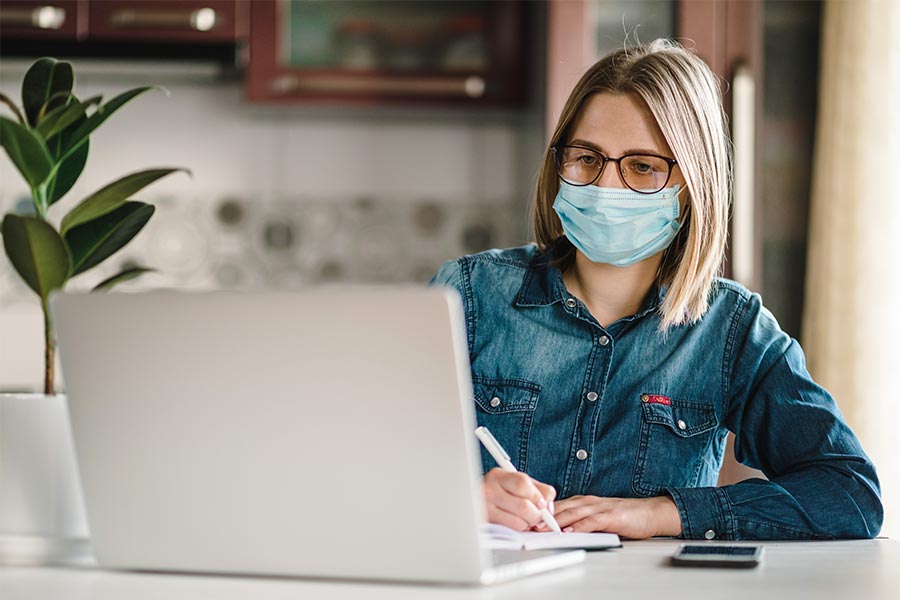
There’s no doubt about it—the COVID-19 pandemic is a time of uncertainty and unique challenges. As we navigate new waters, from business closures to stimulus checks, scammers nationwide are attempting take advantage of the panic and exploiting consumers.
So you can stay in the know, we’ve gathered some of the top scams Americans are reporting.
Calls or emails claiming you can get your stimulus check early.
Some consumers have reported calls from scammers claiming to be a government agent. The caller may say that in order to process your COVID-19 economic stimulus payment, they need you to provide personal information—anything from account information to your Social Security Number. They may also ask for a small payment to cover a “processing fee.”
The IRS will never reach out for bank account information via phone or ask for a payment to process your stimulus payment. According to the IRS, payments will be processed as direct deposits into your account and no action needs to be taken by most people. Those who need to provide additional information will be asked to do so on the IRS.gov official website.
Emails disguised as health information.
Fraudsters are sending phishing emails disguised as alerts from the US. Centers for Disease Control and Prevention (CDC) or other public health organizations. These emails often use scare tactics, like claiming to have a list of confirmed COVID-19 cases in your area. The emails contain links that lead to a website that attempts to gather personal information like logins and passwords.
As a rule, it’s best to go directly to the website of these public health organizations, to gather important information. For government organizations in the US, these URLs will always end with .gov, like CDC.gov or AZDHS.gov.
Scammers claiming to sell at-home COVID-19 tests or cures for the virus.
Beware of anyone who claims to have COVID-19 tests or cures. There are currently no at-home test options available, and tests must be processed by a professional medical lab. Additionally, the FDA has not yet approved any drug for treatment or prevention of COVID-19. Attempts to sell you a test or cure for COVID-19 may be a way to get access to your personal information or charge you for a product that simply won’t work.
As always, be sure to practice vigilance, especially when it comes to calls and emails regarding COVID-19. You should never share login information, like passwords and PINs, with anyone. Together, we can stay in the know and avoid scams.

